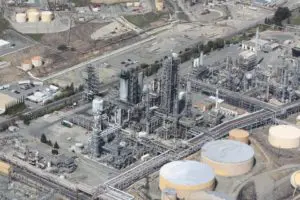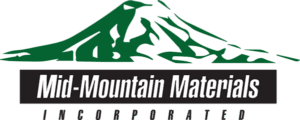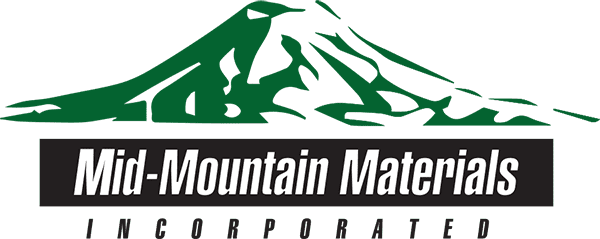The term “industrial fabrics” covers a broad range of products comprised of high-performance raw textiles with a choice of end-use formats. This versatility enables one underlying material to service many different industries. For example, fiberglass and silica can be modified to satisfy the requirements of applications in practically every market, from domestic to industrial insulation.
Industrial Fabrics: The Importance of Coatings
Fiberglass is the eponymous insulation material, available in a choice of substrates that range from extremely light- to heavy-weight. It typically boasts a continuous use limit in the region of 538°C (1000°F), making the raw format more than suitable for improving heat retention in homes. However, fiberglass is typically integrated into a composite product to meet the often conflicting demands of the harsher operating conditions found in industries like oil and gas. Silica, with an operating temperature of 982°C (1800°F) is excellent for use in more extreme environments.

Industrial fabrics that use fiberglass or silica as a base textile are often coated in proprietary materials engineered for enhanced abrasion and corrosion-resistant properties. It is also used to present a physical barrier between the absorbent textile and the working environment, to mitigate issues associated with moisture ingress. The absorption of moisture is a serious issue for industrial fabrics in many processing environments. It can arise due to process humidity, ambient condensation, or from regular wash-downs, which could lead to localized compaction. This can be damaging to hot systems for several reasons:
- Moisture will gradually cause the fabric to deteriorate and may result in corrosion under insulation (CUI), which is costly and invasive to correct.
- Compaction can impact heat gain and cause process inefficiency by increasing energy consumption;
- The excess weight from moisture retained in the industrial fabric can put a strain on system supports, potentially causing damage.
Just one of these phenomena could have significant profitability and productivity impacts on oil and gas systems. Mid-Mountain’s industrial fabrics are available with a selection of functional coatings to enhance the mechanical performance of any base fabric in-line with application-specific working conditions.
In recent blog posts, we have explored the use of coated industrial fabrics for turbine blankets, steam trap insulation, and steam valve jackets in depth. Each of the materials outlined in these articles can be moderated for use in equivalent oil and gas applications. Hot systems can be effectively insulated for appreciable energy savings while benefiting from the enhanced chemical and mechanical performance of our composite systems.
There are many options to consider for your industrial insulation system:
- ARMATEX® Coated Fabrics, available with fiberglass base fabrics with a use temperature of 538°C – 1000°F and coated with silicone that has a use limit of 315°C – 600°
- CERMEX® Thermal Insulation Materials, based on needled fiberglass and ceramic fiber mats for enhanced thermal performance up to maximum continuous operating temperatures of 1260°C (2102°F).
- HYTEX® 1000 – 2025 industrial fabrics cover a wide range of underlying materials, primarily fiberglass in woven configurations with use temperatures of 538°C – 1000° Superior thermal materials are available upon request.
- SILTEX®, which is based on silicate textiles that significantly outperform industrial-grade fiberglass insulation in terms of operating temperatures, up to 932°C – 1800°

Mid-Mountain Materials, Inc. provides industrial fabrics to an extremely diverse range of market sectors. We routinely supply value-added solutions for oil and gas facilities, that can help improve ROIs in a number of ways. If you are interested in using our industrial fabrics in your facility, you might be interested in our previous posts:
- Selecting Industrial Fabrics for Steam Trap Insulation
- Thermal Insulation Fabrics for Steam Valve Jackets
Otherwise, contact a member of the Mid Mountain Materials team today with any questions.

